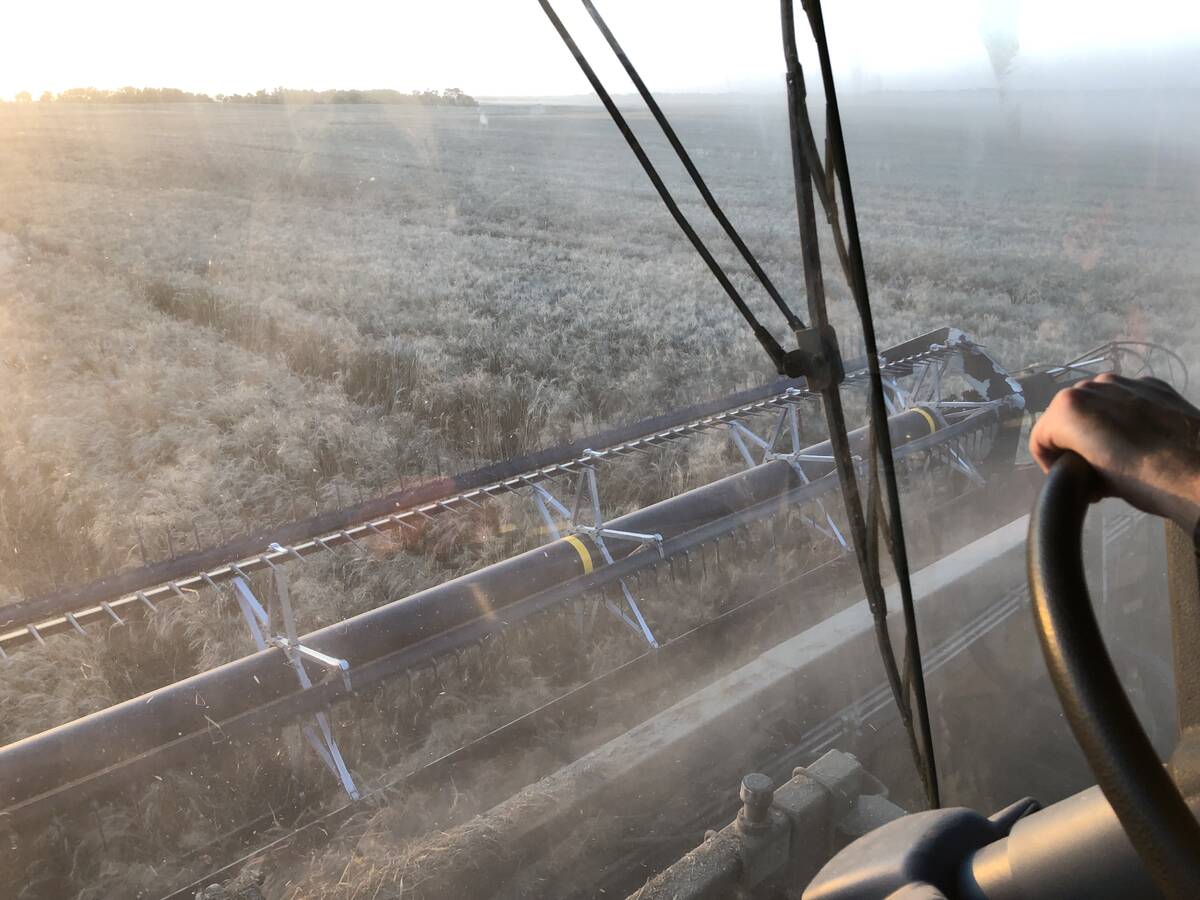EDMONTON – Alberta hog farmers are warning the provincial government that allowing their industry to collapse would have a catastrophic impact on the province.
Alberta Pork chair Herman Simons told the organization’s annual general meeting in Edmonton that 77 of the 650 Canadian hog farms that have applied for federal funding to stop breeding hogs for at least three years are from Alberta, which is more than one-quarter of Alberta farms that still produce hogs.
“If we lose 25 percent of these individuals, what do we have left? We cannot afford to lose the critical mass of this industry. If we lose the critical mass, we lose the Red Deer facility (Olymel) and they lose 1,200 to 1,400 employees in Red Deer.”
Read Also

Mail strike disrupts grain sample delivery
The Canadian Grain Commission has asked farmers to consider delivering harvest samples directly to CGC offices, services centres or approved drop offs as Canada Post strike delays mail.
Simons said that loss would begin a downhill spiral that would take down 80 percent of the industry.
He made his comments while introducing provincial agriculture minister George Groeneveld, who appeared uncomfortable as he took the stage.
“You always hope the speaker ahead of you is the warm-up act. I’m not sure you did that very well, but we certainly hear what you’re saying,” Groeneveld said.
The province will help where it can, he added, but it will not dip into its savings account to help hog farmers because that would open the door for other industries that are also suffering.
While unable to offer any cash, Groeneveld said he would speak with federal agriculture minister Gerry Ritz about possible revisions to the loan program.
He commended Alberta Pork for taking the lead in developing new strategies for a flagging industry, adding that trade missions to various countries are among the tools being used to improve Alberta’s ability to compete and succeed in world markets.
However, he said there is no single answer and there will be no more money available to provide short-term relief for farmers who have continued to struggle against income losses.
Simons and his board have been promoting a long-term plan that will completely change the way the pork industry operates within Alberta.
However, that plan is worth nothing if farmers continue to be forced out of production, he added.
“Our backs are against the wall and we’re starting to fight, because if we don’t, we’re dead.”
He appealed to Groeneveld to set up a short-term funding program that would help hog producers meet their bills and feed their animals until June, when they hope to see the stronger prices needed for their barns to become profitable.
A federal loan program “is failing miserably” because the banks and financial institutions taking part have set interest rates so high, those producers who could benefit from the loans cannot afford the payments, Simons said.
















